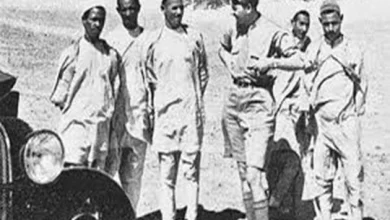Angel Makers: The dark history of Nagyrev where wives killed their husbands
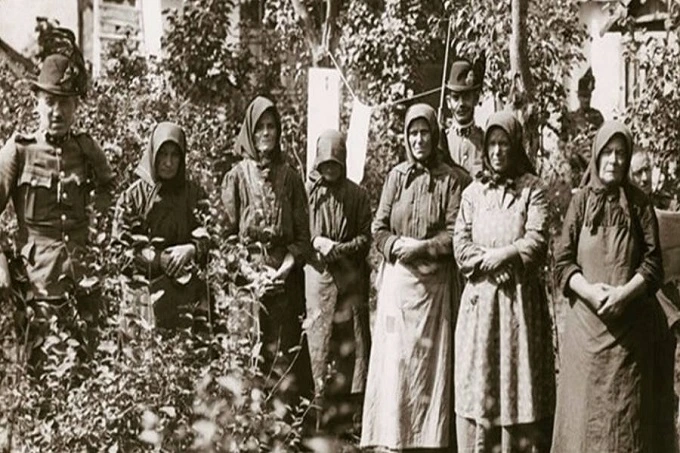
Two hours from Budapest, on the Tisza River, in the middle of nowhere, there is a quiet village called Nagyrev. The peaceful scenery, the wooden buildings, the patriarchal traditions – everything looks as authentic as possible. It is impossible even to imagine how terrible a dark secret keeps this village lost in time. Exactly a century ago, it was here that the women began to kill their husbands en masse. They were dubbed the “angel makers. What was it: collective insanity, someone’s insidious plot, or black magic?
The Strange Midwife
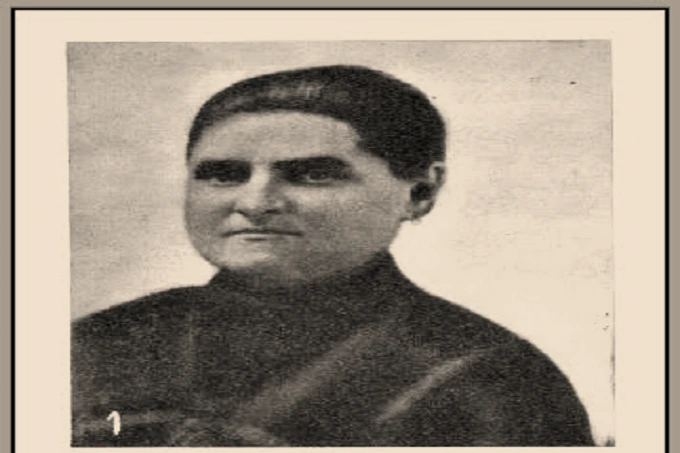
Life continued until, in 1911, a mysterious person named Zsuzsanna Fazekas appeared in Nagyrev. She called herself a midwife and began to perform the duties of a doctor in the village. Fazekas had references from several reputable doctors, for whom she supposedly worked as a nurse. The woman’s past was very murky. Her husband had gone missing under very mysterious circumstances. The locals welcomed Zsuzsanna with joy. They often went to the “healer” with all their ailments and problems.
Fazekas always patiently listened to everyone. She advised on all matters. Women often entrusted her with all their most intimate secrets. She knew everything about everyone. Very quickly, the nurse gained a good reputation. Fazekas began to help women get rid of unwanted pregnancies. The exact number of illegal abortions performed was unknown. No one was particularly vocal about it.
Cruel Times
In those relatively recent times, arranged marriages were common in Hungarian society. It was common for parents to marry off teenage girls to men much older than them. Divorce was impossible, even if the spouse turned out to be a binge drinker or beat his wife to death. After that, many women were trapped in a loveless, warm marriage. In the absolute power of an abusive husband whom they feared to the point of terror.
A respite in women’s plight came with World War I’s outbreak. All men were sent to war. The wives breathed a sigh of relief. At the same time, a camp for prisoners of war was set up near the village. Many women were off the hook, throwing themselves headlong into a romantic relationship with handsome young soldiers. That freedom came to an end when their husbands returned from the front. The women were saddened; they no longer wanted to be subordinated to their tired spouses. In desperation, the villagers turned to Fazekas for help.
The healer found a radical way to get rid of the burdensome relationship. She took flypaper strips and boiled them in a pot of water until the active ingredient, arsenic, was released. It gathered in a thin film on the surface of the water. Fazekas collected this toxic residue and poured it into small vials. She then distributed them to all comers for a certain fee, punishing them by adding the poison to their husbands’ food or drink. Soon quite healthy men began dropping dead like flies.
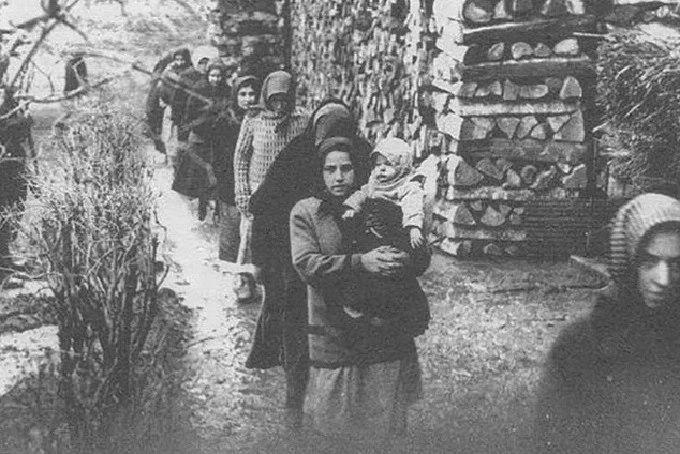
The number of victims only increased
As the years passed, the strange mass mortality of the male population of Nagyrev continued. At first, no one suspected anything because a doctor in the village issued death certificates. Appetite comes with food. And so it was here. First the tired husbands, then the pesky parents, the children’s extra mouths, and just plain hateful neighbours. The numbers of victims vary. Some say that residents of several surrounding villages were also involved. The number of poisoned with arsenic reaches three hundred people.
This outrage lasted for over two decades. It is impossible to make sense of the exact number of victims, as Fazekas gave plausible natural causes of death in the documents.
Disclosure
This whole kitchen was exposed quite an by accident. In 1929, an anonymous letter was written to the editor of a small local newspaper. The author accused the women of the Tiszazugi region of the country of poisoning family members. The case seemed suspicious to the authorities, and more than five dozen bodies were exhumed in the village cemetery during the investigation. To the dismay of the investigators, 46 of them died as a result of arsenic poisoning.
Thirty-four women and one man have since been arrested. In the course of the investigation, more and more gruesome details began to emerge. The court sentenced eight people to death, and another dozen received heavy prison sentences. Fazekas managed to avoid earthly responsibility by committing suicide.
In the neighbouring town of Tiszakürt, bodies were also exhumed, and arsenic was found in them. The perpetrators could not be found. Historian Ferenc Gyorgyev researched the topic as early as the middle of the 20th century. He met an old villager. The peasant claimed that the women of Nagyrev “had been killing their husbands for centuries.”
A shameful page of Hungarian history
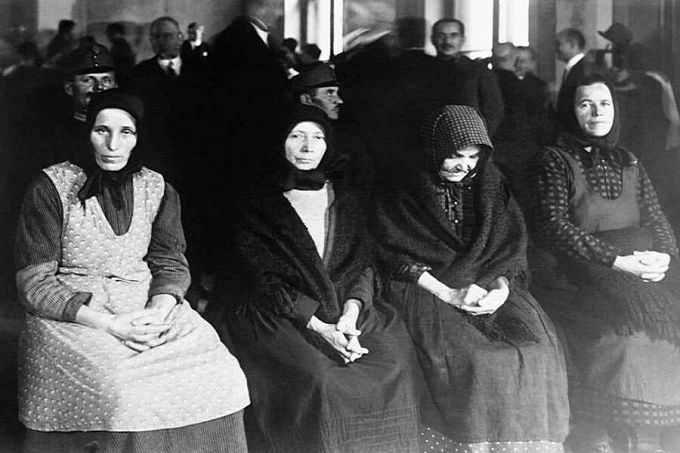
The story of the mass poisonings in Nagyrev is a shameful page of Hungarian history. Today, the local church’s pastor wants to turn it to good use for the village. He has opened a very unusual museum here, the Arsenic Museum. The pastor wants people to stop shying away from the past of their native village, come to terms with it, and live in peace. Journalists recently investigated this story and spoke with Maria Gunya. Her father had participated in the investigation of these crimes; she was a little girl at the time. After Maria grew up, she left here and, out of shame, never remembered her homeland.
Nagyrev was mentioned again in 2005. At the International Documentary Film Festival in Amsterdam, a documentary film by the young Dutch filmmaker Astrid Bussink premiered. She spent almost half a year in the village, talking to the locals and collecting the facts. Astrid said getting people to tell this shameful story was very difficult. They tried for a long time to forget about it. Astonishingly, the older women were more willing to share. They talked about the crimes with incredible ease, as if they were something not very serious.
Bussink discovered that there was no single motive for all these murders. There were various unfortunate circumstances: poverty, alcoholism, hunger, unemployment, and war. Many men came home crippled, unable to work, which was an extra mouthful.
Life was very hard back then. The extra mouth had to be fed – sometimes, it was too much of a burden for the family. In addition, women were often treated badly; they were virtually powerless creatures. Of course, this in no way excuses them; it simply explains the motives behind their actions. These unfortunate women were not crazy violent, bloodthirsty maniacs; they were trying to survive.
Maria Gunya said at the end that this mass pestilence instilled fear into the hearts of the men of Nagyrev. They got much better at treating their wives.

